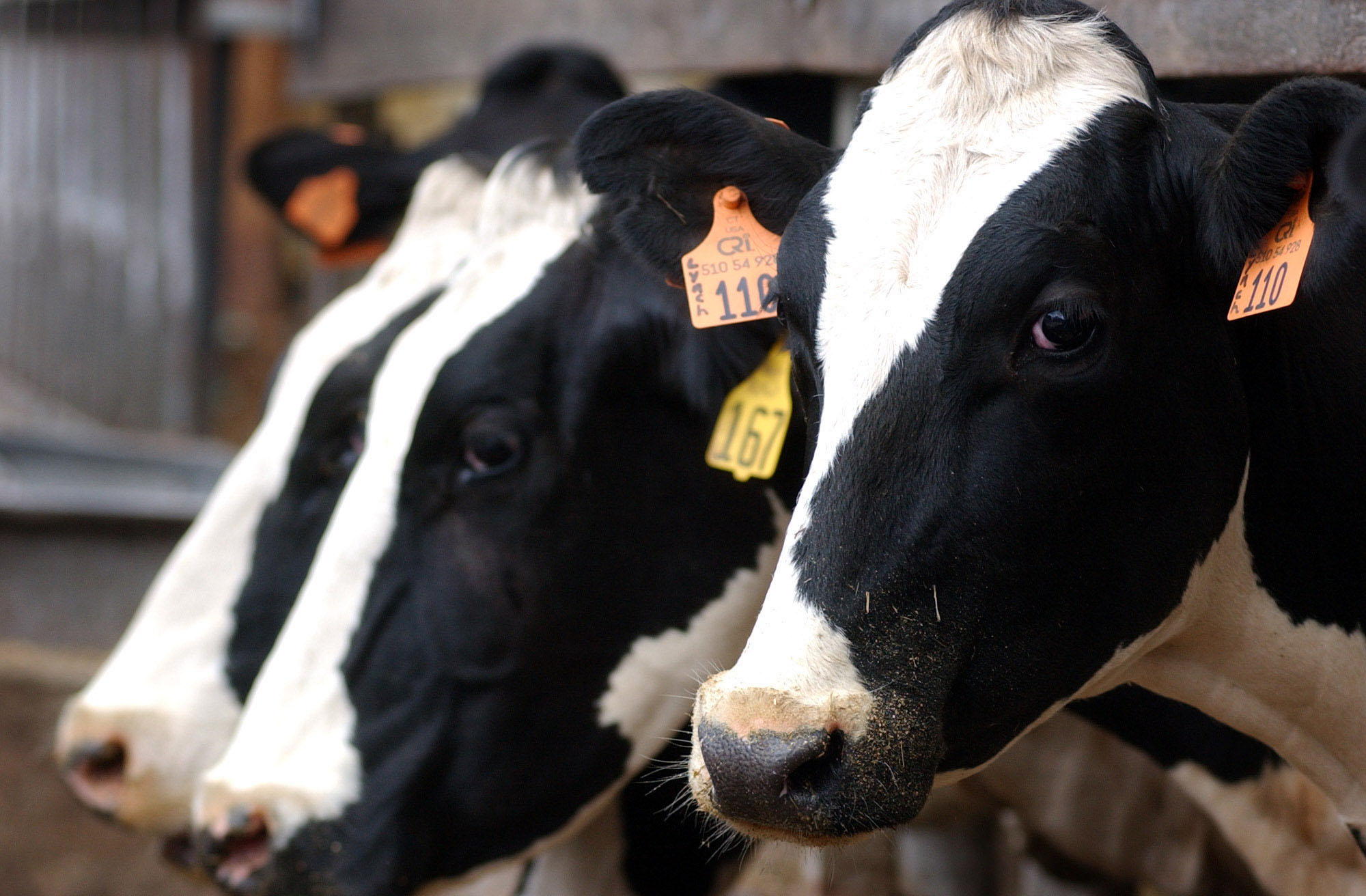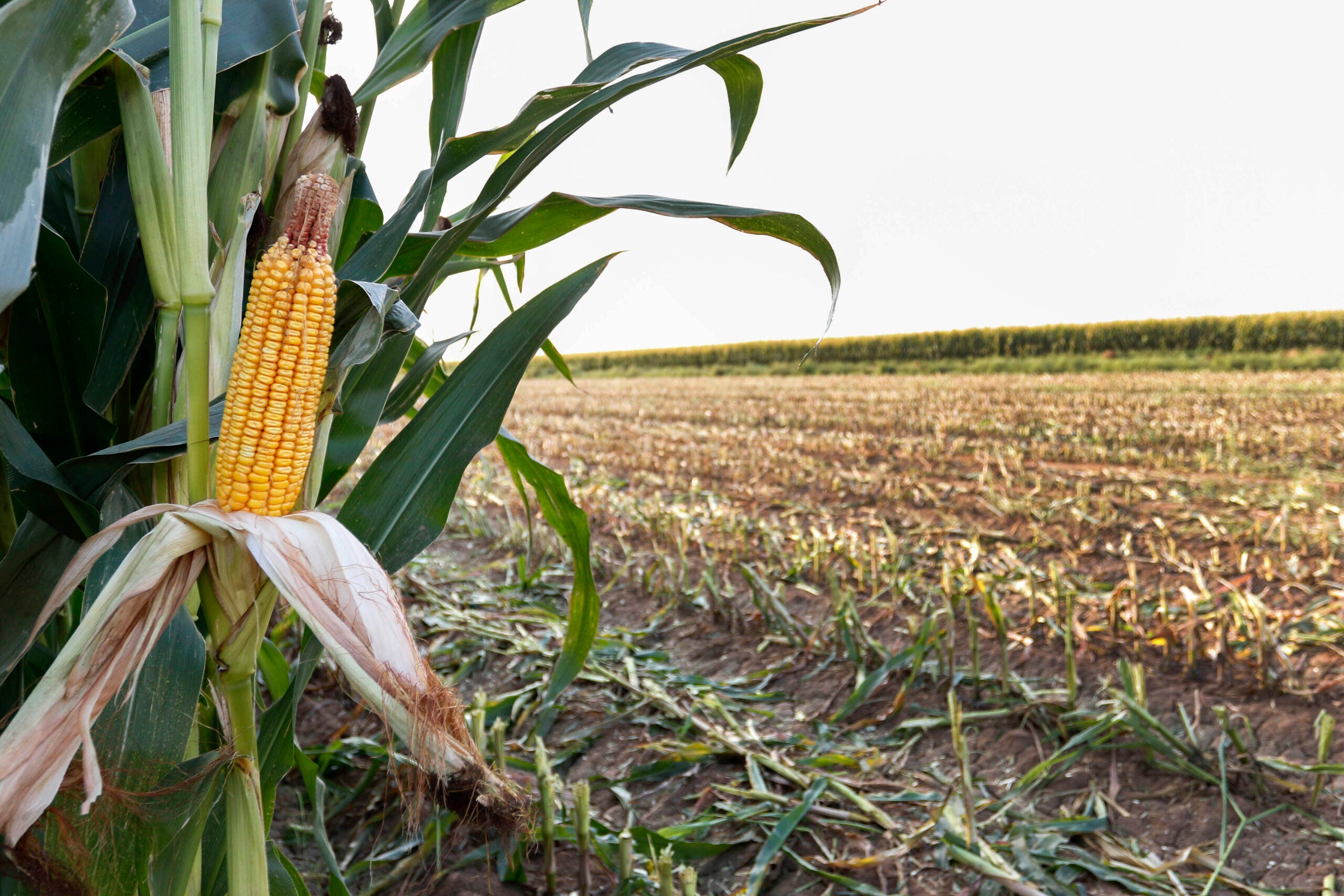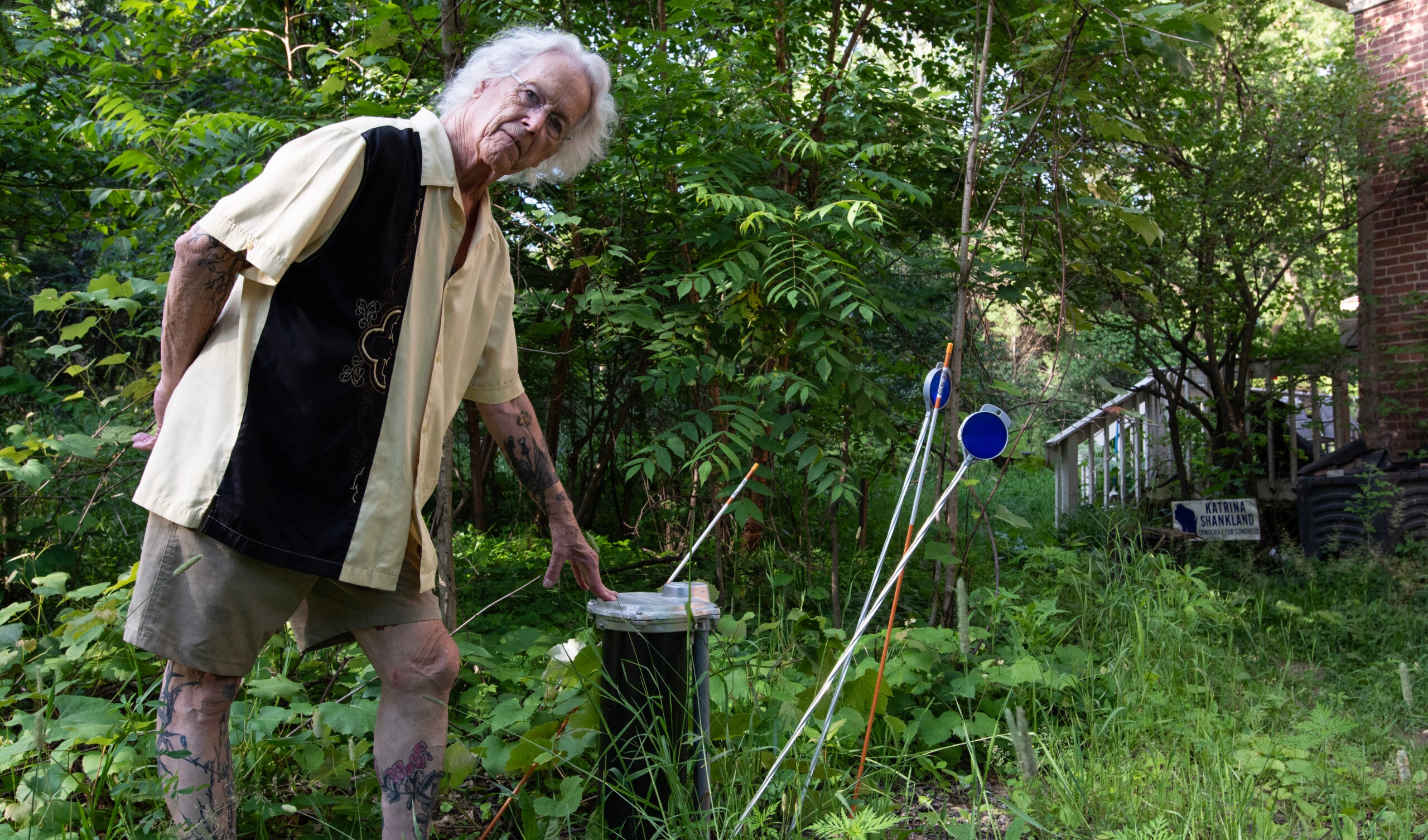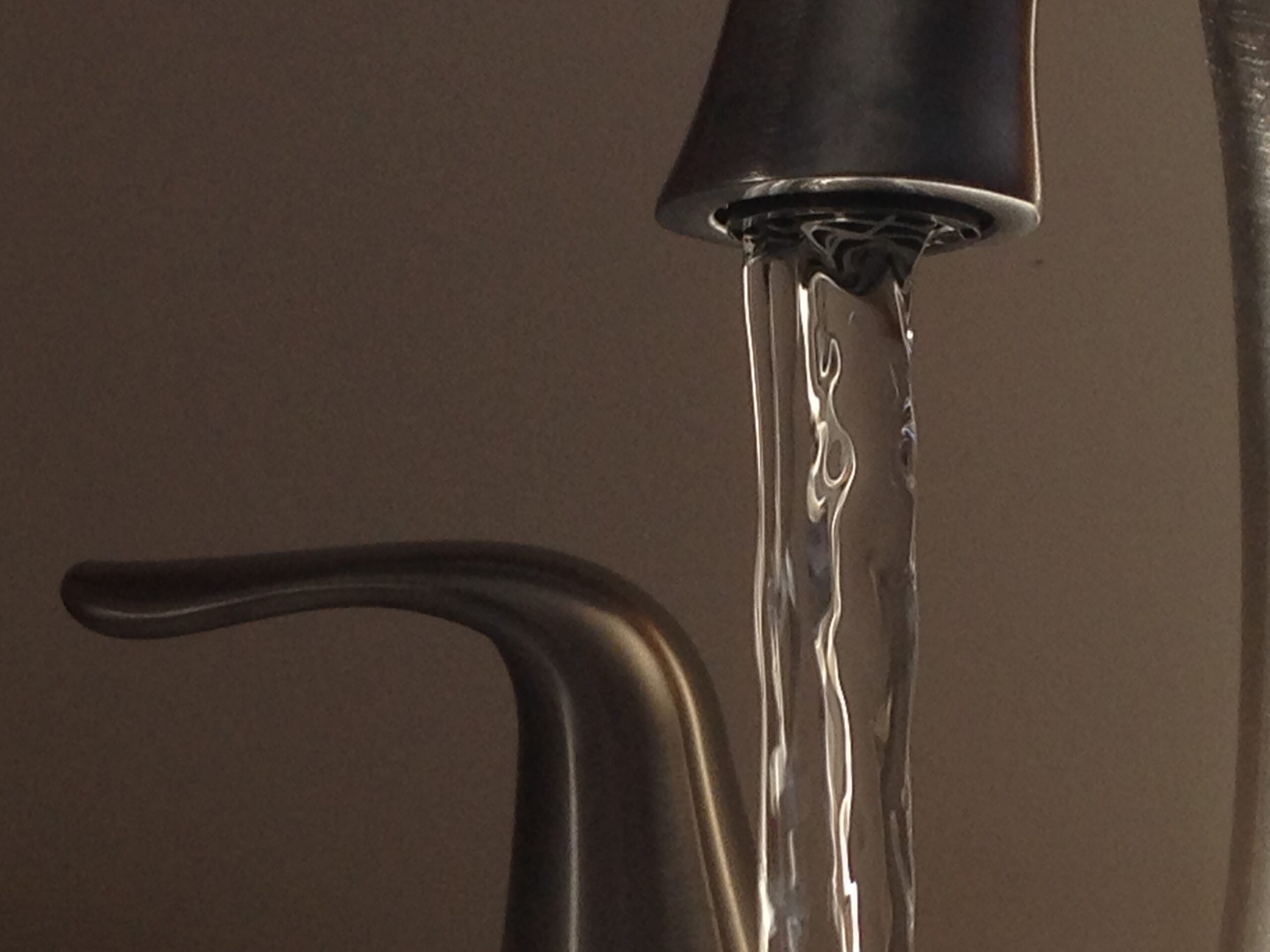Environmental and farm groups are joining forces to lobby the state for significant funding to support farms across Wisconsin and protect drinking water, but they stopped short of putting a price tag on their request.
The partnership includes the Dairy Business Association (DBA), Clean Wisconsin, The Nature Conservancy in Wisconsin and the Wisconsin Land and Water Conservation Association.
The groups are proposing a “bigger investment” to ensure clean drinking water statewide. They outlined four guiding principles to improve water quality that touch on well testing and replacement, changes to the state’s concentrated animal feeding operations permitting program, supporting land conservation and improving efforts to address farm runoff.
News with a little more humanity
WPR’s “Wisconsin Today” newsletter keeps you connected to the state you love without feeling overwhelmed. No paywall. No agenda. No corporate filter.
“We’re calling on state decision-makers to take bold action on water and farm-related policies,” said Tom Crave, president of the DBA. “And just as importantly, we are committing ourselves to work together to find common ground.”
State funding for county conservation staff and cost-share assistance for conservation practices have consistently fallen short of the need, according to Matt Krueger, executive director of the Wisconsin Land and Water Conservation. He said counties requested nearly $18 million in state funding for 2021, but they’re slated to receive half that.
Krueger said there’s no doubt the cost to support the proposed changes will be significant.
“But I think we all know that the price of inaction is going to be more significant,” said Krueger. “And I think we’re already starting to see that across the state.”
People have raised concerns over the safety of drinking water in recent years as studies have found groundwater contaminated with nitrates or fecal matter in wells across northeastern and southwestern Wisconsin.
Gov. Tony Evers declared 2019 the “Year of Clean Drinking Water,” and a water quality task force convened by Assembly Speaker Robin Vos, R-Rochester, held meetings throughout the year that produced a $10 million plan to clean up water in Wisconsin.
The package of 13 bills was introduced in January 2020 to address contaminated wells and issues with groundwater pollution due to manure runoff. Many of the bills passed the Assembly with unanimous support from both parties, but they died in the Senate.
The work of the task force was a good start, according to Scott Laeser, water program director for Clean Wisconsin. He said significant investment will be needed to address ongoing issues and will likely require revenue from other sources.
“The fact of the matter is we have under invested in water issues for a long time in Wisconsin, and we are where we are today because of that under investment,” said Laeser.
Laesar pointed to a recent report that found nitrate pollution in drinking water is linked to negative health outcomes that are costing people in Wisconsin up to $80 million each year in medical expenses.
Around 10 percent of private wells sampled in Wisconsin have nitrate levels that go beyond safe standards. Agriculture accounts for roughly 90 percent of that contamination, according to the Wisconsin Groundwater Coordinating Council.
The groups recommend expanding well testing and funding to replace wells. They also call for efforts to better understand sources of groundwater contamination and possibly fund such efforts through increased fees for permitting of septic systems and high capacity wells.
They also suggested making the state’s CAFO permitting program more efficient, as well as providing more resources and assistance to farmers to comply with standards. They also urged more funding to support farmer-led watershed groups and financial support for research into new technologies or methods to improve water quality.
Elizabeth Koehler, director for the Nature Conservancy in Wisconsin, said they’ve been providing staff assistance and funding to help farmers implement conservation practices and cover crops. The Nature Conservancy has invested more than $1 million in sustainable agriculture over the last five years.
“Conservancy’s involvement in this clean water initiative brings together our core work of land and water protection and our more recent work with agriculture to ensure that we all have access to clean water,” said Koehler. “And that we do it in a way that ensures that farmers and our agriculture economy continue to thrive.”
The groups also support more funding for county conservation staff and cost-share assistance to help farmers meet standards passed nearly two decades ago to control farm runoff. Those include developing and following a plan to manage nutrients on farm fields to keep them away from nearby waters.
Krueger noted 37 percent of Wisconsin’s 9 million acres of cropland are covered by a nutrient management plan.
“So that’s a perfect example of one thing … we want to look at more and think about how can we get these standards or incentives to better provide farms the ability to keep soil in place and keep their farms profitable and viable,” said Krueger.
DBA’s Crave said farmers are facing economic and regulatory challenges, but they understand the need to improve water quality.
“They are problem solvers by nature, and every day we are seeing more and more innovative conservation practices around the state,” said Crave. “We are part of the solution.”
Wisconsin Public Radio, © Copyright 2025, Board of Regents of the University of Wisconsin System and Wisconsin Educational Communications Board.







